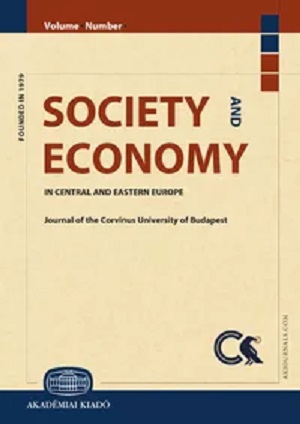Fake news identification
Fake news identification
Author(s): Péter RacskóSubject(s): Media studies
Published by: Akadémiai Kiadó
Keywords: fake news; Byzantine Generals; blockchain; machine learning; natural language processing; fact checking
Summary/Abstract: Fake news, deceptive information, and conspiracy theories are part of our everyday life. It is really hard to distinguish between false and valid information. As contemporary people receive the majority of information from electronic publications, in many cases fake information can seriously harm people’s health or economic status. This article will analyze the question of how up-to-date information technology can help detect false information. Our proposition is that today we do not have a perfect solution to identify fake news. There are quite a few methods employed for the discrimination of fake and valid information, but none of them is perfect. In our opinion, the reason is not in the weaknesses of the algorithms, but in the underlying human and social aspects.
Journal: Society and Economy. In Central and Eastern Europe ǀ Journal of the Corvinus University of Budapest
- Issue Year: 44/2022
- Issue No: 2
- Page Range: 83-205
- Page Count: 23
- Language: English

